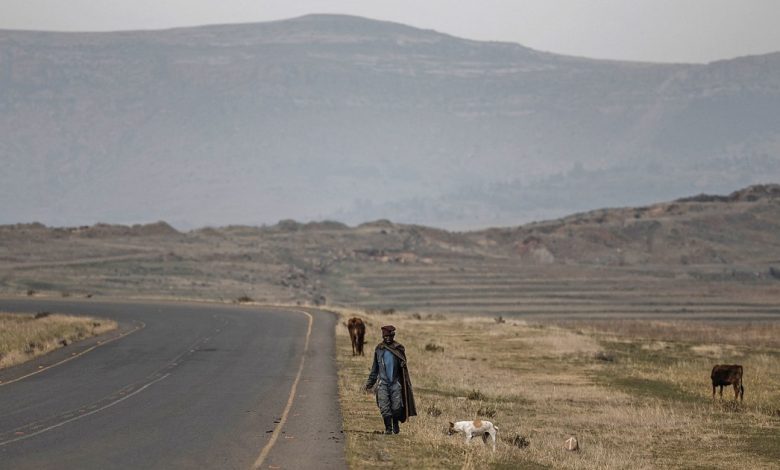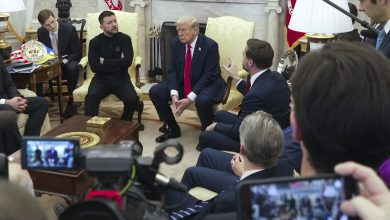Trump’s highest tariff will kill tiny African kingdom of Lesotho, economist says


Its foreign minister told Reuters last month the country, which has one of the highest HIV/AIDS infection rates in the world, was already feeling the impact of the aid cuts as its health sector had been reliant on them.
“The biggest losers are Africa and Southeast Asia,” said Denton, adding the move “risks further damaging the development prospects of countries already facing worsening terms of trade.”
But the formula is also sowing confusion among rich countries. For the European Union it has produced a punitive tariff of 20% — four times the 5% which the World Trade Organization calculates as the EU’s average tariff rate.
“So, at least for us, it is a colossal inaccuracy,” said Stefano Berni, general manager of the consortium representing makers of the Grana Padano speciality cheese in Italy.
“It costs us three times as much today to enter the U.S. as it does for U.S. cheeses to enter our market,” he said in a statement.
Asked about its methodology, White House deputy press secretary Kush Desai posted on X that “we literally calculated tariff and non-tariff barriers” and included a screenshot of a White House paper setting out the algebra behind the formula.
Asked on CNBC how the Trump administration came up with the formula, Commerce Secretary Howard Lutnick did not directly explain it but said United States Trade Representative economists had worked for years on a metric that reflected all trade barriers set up by a given country.
But economists across the world rushed to point out that the terms canceled each other out in such a way that it could be reduced to a simple quotient of goods trade deficit over goods trade exports.
“There is really no methodology there,” said Mary Lovely, senior fellow at the Peterson Institute. “It is like finding you have cancer and finding the medication is based on your weight divided by your age. The word ‘reciprocal’ is deeply misleading.”
Robert Kahn, managing director, global macro for Eurasia Group consultancy, agreed that it produced “a lot of these kind of nonsense numbers that aren’t material.”
“It sends a signal … that we are pulling back from our relationships and alliances with them and is a cold shower to a lot of our traditional allies,” he told Reuters.
Others noted that it also raised questions over the widely held view that Trump is launching an opening gambit in what will be one-on-one discussions with individual countries that will ultimately see the new U.S. tariffs sharply reduced.
“The U.S. has chosen a methodology that is essentially mechanical,” said Stephen Adams, a former European trade adviser who now works for Global Counsel consultancy.
“One practical question it does raise is whether there’s any scope to negotiate this away … The U.S. hasn’t identified any specific measures that might be changed in order to convince the president to change his mind.”




